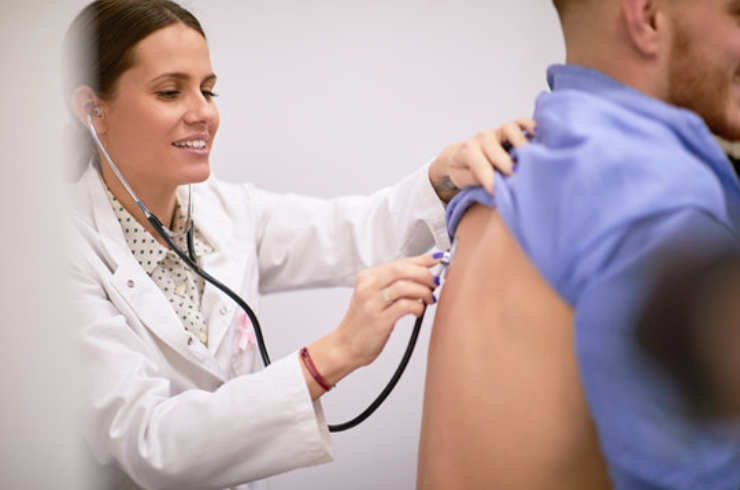One of the primary benefits of respiratory OPD services is the emphasis on preventive care and patient education. Individuals with chronic respiratory diseases like asthma and COPD can receive regular check-ups, medication adjustments, and guidance on lifestyle changes. This helps reduce the frequency of exacerbations and hospitalizations. Patients are also educated about proper inhaler techniques, smoking cessation, breathing exercises, and the importance of vaccinations such as influenza and pneumococcal vaccines.
Infectious respiratory diseases, including tuberculosis and viral infections, are also addressed through OPD services. Early diagnosis and prompt initiation of treatment are vital to prevent complications and reduce the spread of infection. OPDs often collaborate with public health programs to ensure that patients receive complete care, including follow-up and contact tracing when necessary.
Additionally, with the rise of air pollution and post-COVID-19 complications, the demand for respiratory OPD services has grown. Clinics now focus more on long-term lung rehabilitation and managing post-viral respiratory syndromes. Telemedicine has also become a valuable extension of OPD care, allowing remote consultations and monitoring for patients who cannot easily access healthcare facilities.
In summary, OPD services for respiratory diseases provide an essential platform for timely diagnosis, treatment, and continuous care. They help manage both acute and chronic conditions, improve patients’ quality of life, and reduce the burden on inpatient services through effective outpatient management.
